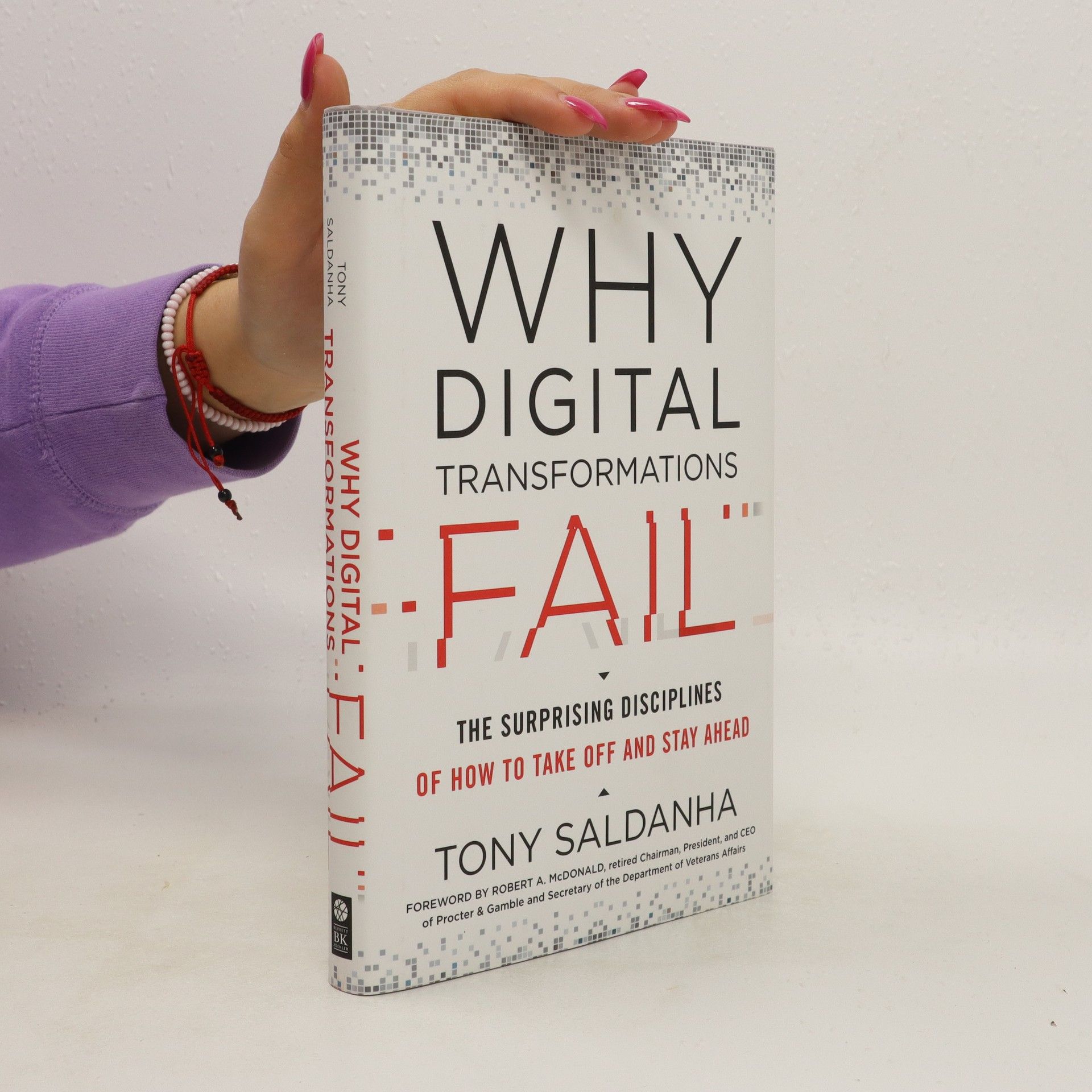Revolutionizing Business Operations
- 256 Seiten
- 9 Lesestunden
This book introduces a fundamentally different approach to business transformation, challenging the conventional one-time deal and sequential design methods prevalent in existing literature. Traditional approaches often resemble outdated national economic plans, emphasizing a step-by-step process that begins with strategy and culminates in cultural integration. In contrast, the book advocates for "Dynamic Business Transformation," a model that promotes continuous process evolution and optimization. This approach addresses the root causes of recurring obsolescence in work processes by emphasizing the need for constant comparison with disruptive ideas across various industries. It recognizes that even the best-designed processes can stagnate without ongoing innovation. Moreover, it highlights the pitfalls of optimizing functional processes in silos, which can lead to overall sub-optimization. The book underscores the importance of a disciplined methodology to drive continuous re-optimization throughout the organization, moving away from the erratic fits-and-starts model of transformation. By embracing this dynamic model, businesses can foster a more agile and responsive environment, ultimately enhancing their ability to adapt and thrive in a rapidly changing landscape.

